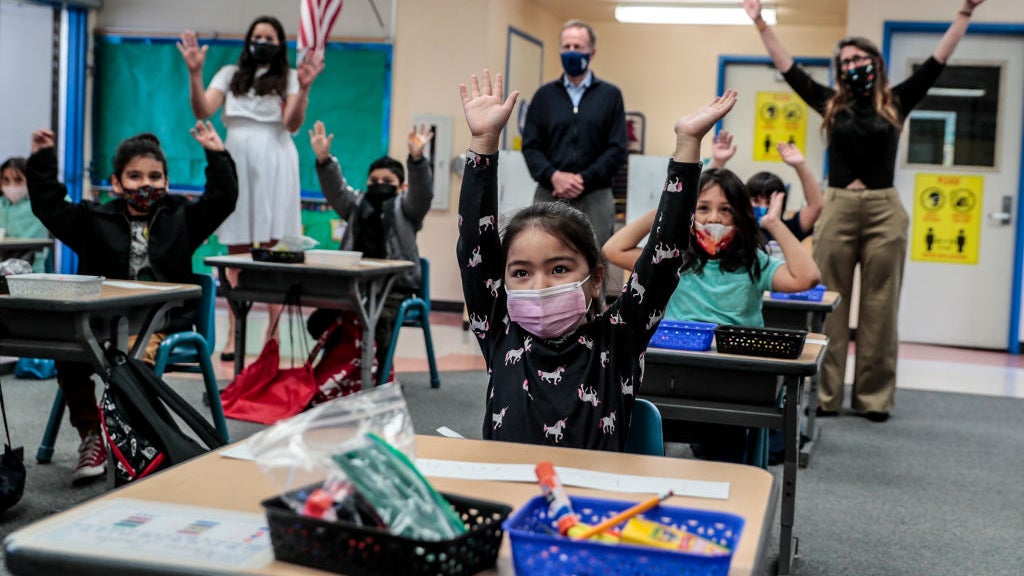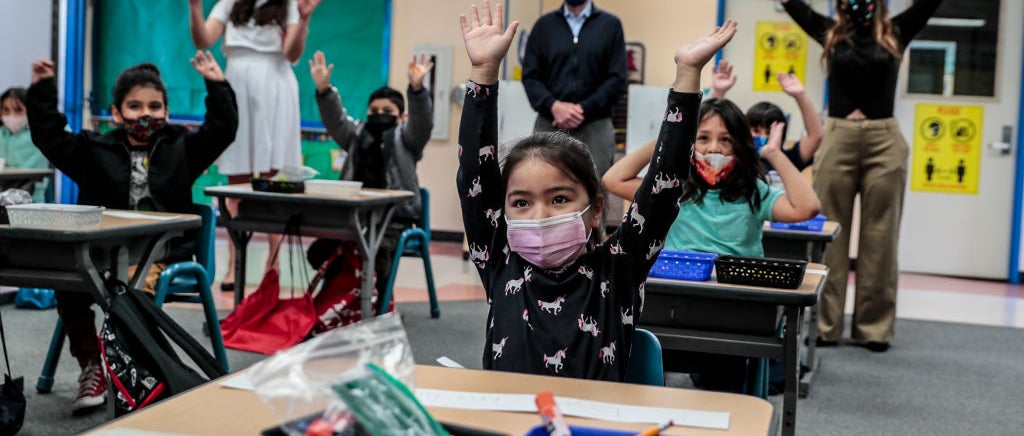A Florida Atlantic University study shows that bilingual children are able to pick up two languages without the two affecting one another.
A recent study published in Child Development suggests that there is no evidence to support bilingual children having difficulty balancing two languages.
According to a Florida Atlantic University News Desk Article, because of the varying levels of proficiency that bilingual children have when they reach school age, parents and teachers often worry that acquiring Spanish will interfere with how well the child does with speaking English overall.
The study shows that kids with the “most balanced bilingualism” are those who hear the most Spanish at home.
These students with parents that have high education levels in Spanish are in no way deficient when it comes to English. In fact, their level of English acquisition was found to be completely independent of their Spanish understanding.
This study traverses new territory around bilingualism in youth, as previous studies focused on each language separately, rather than studying both languages as one outcome.
“This approach not only fails to adequately capture the nature of children’s dual language skills, it also leaves unaddressed the question of how the acquisition of one language is related to the acquisition of another.” Erika Hoff, Ph.D., lead author of the study and a professor in the Department of Psychology at FAU.
The results of this study suggest that “dominance” is not synonymous with “proficiency,” which can be influential for families, teachers, clinicians, and policy makers concerned about the linguistic development of children raised in marginalized community homes.







